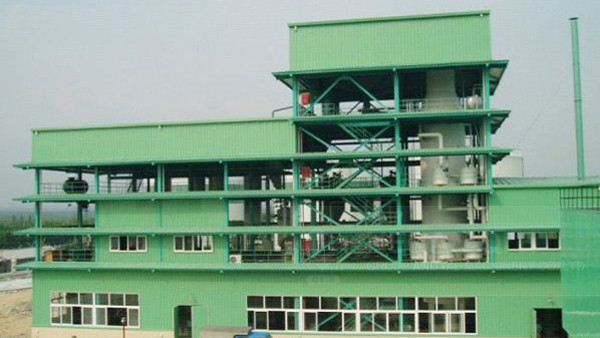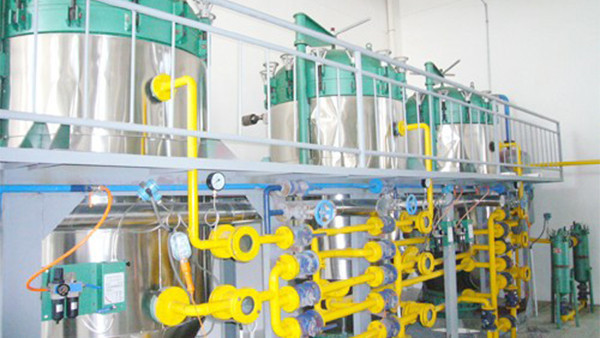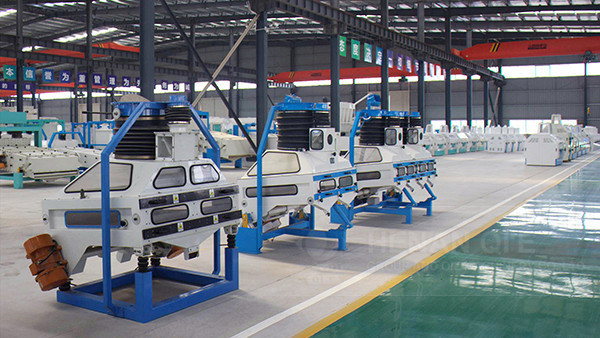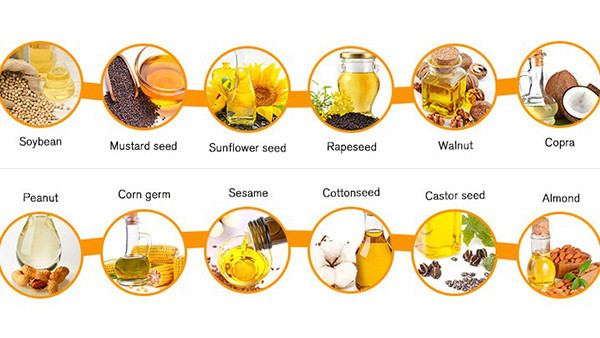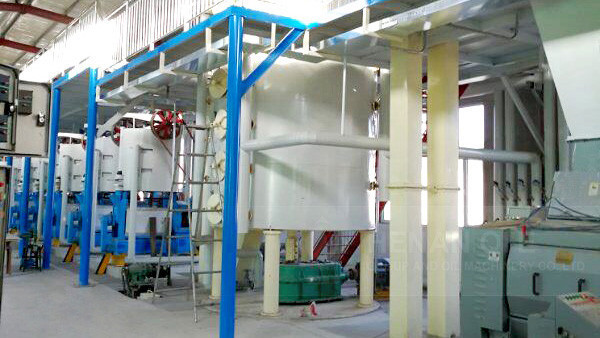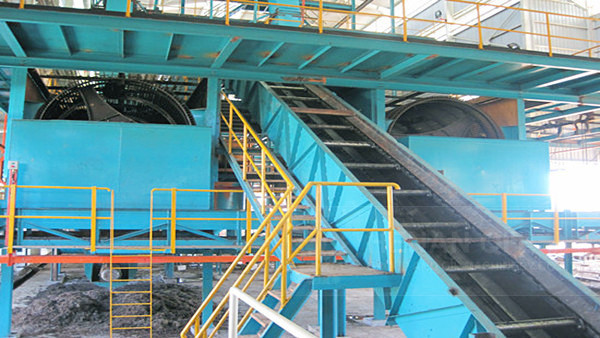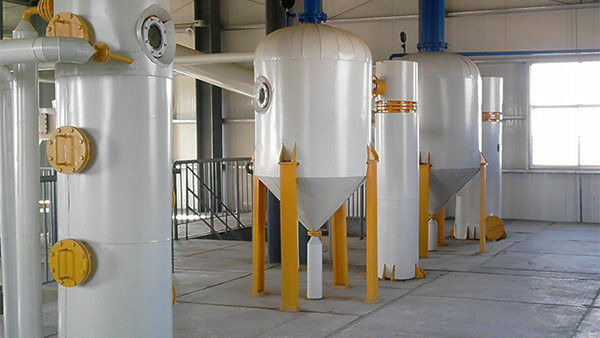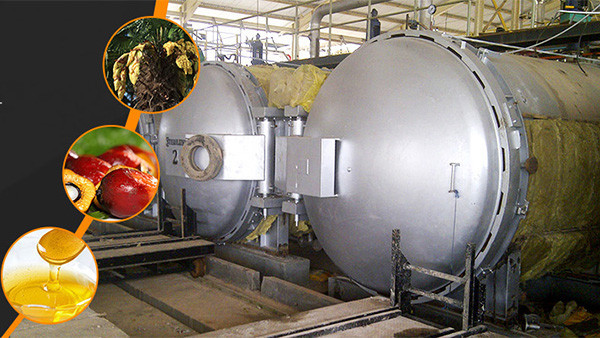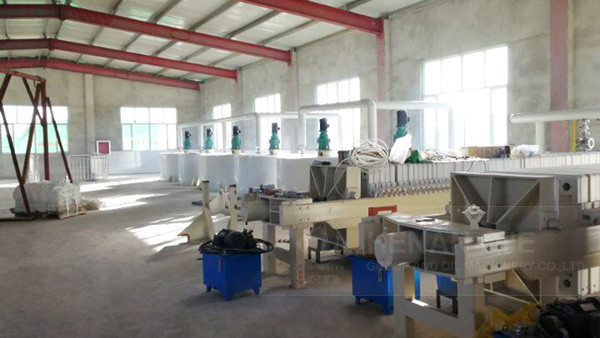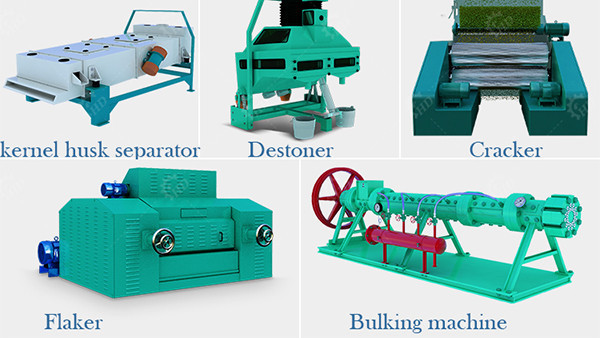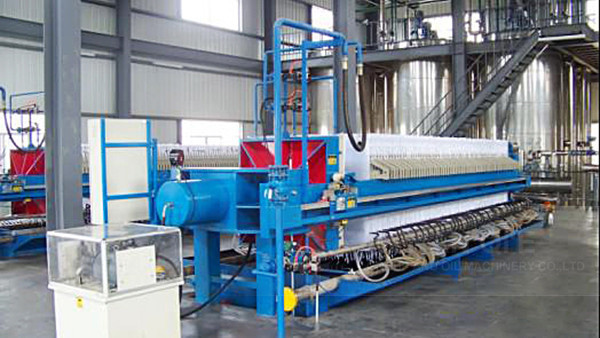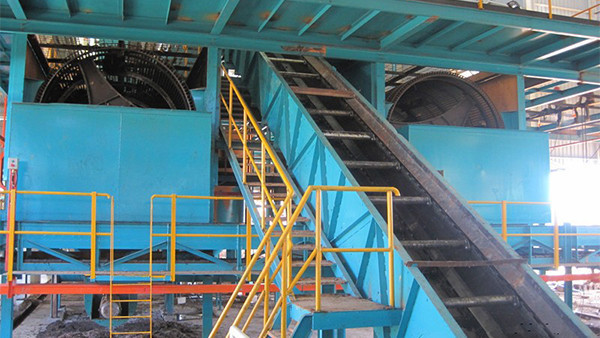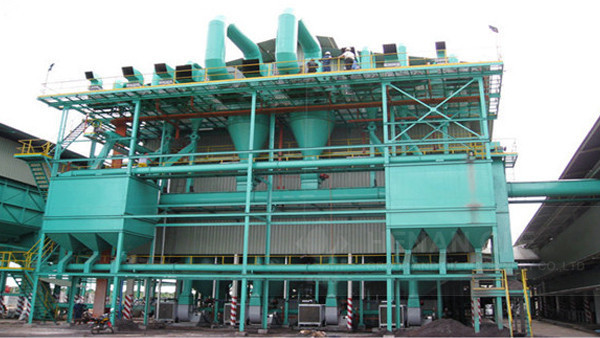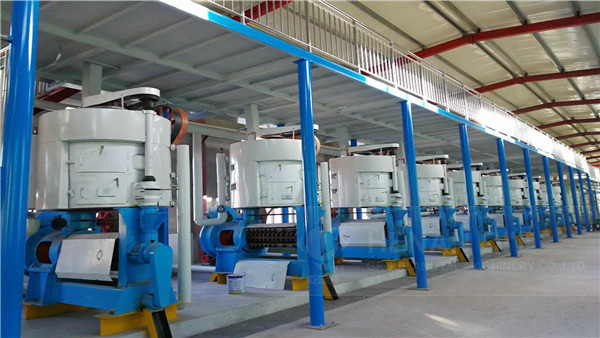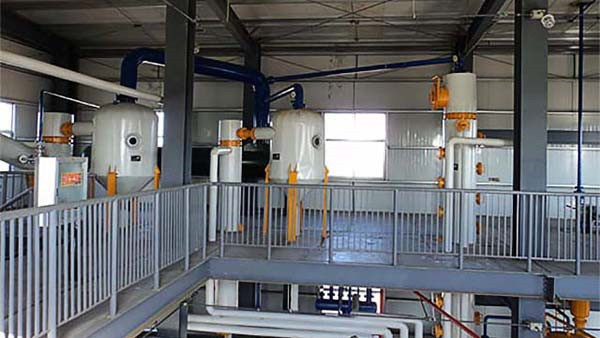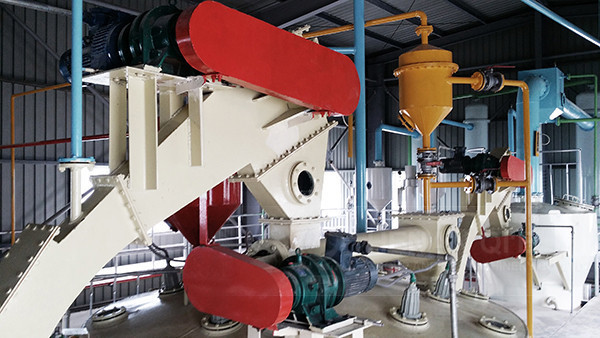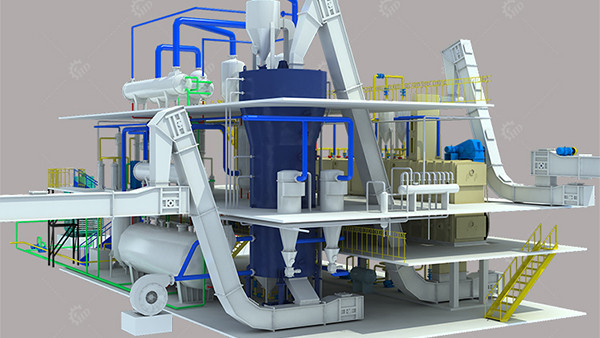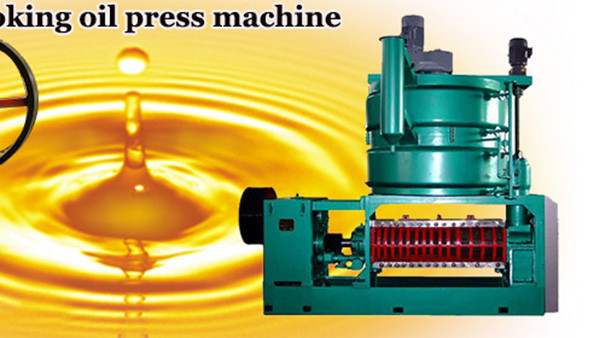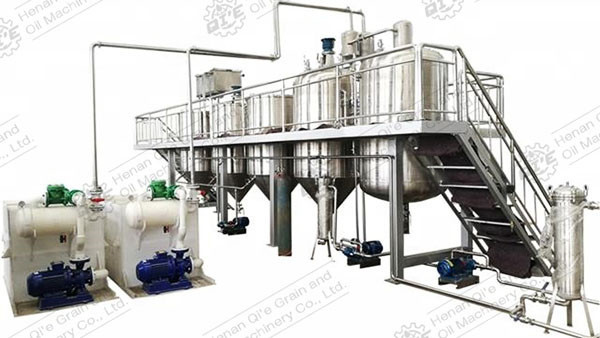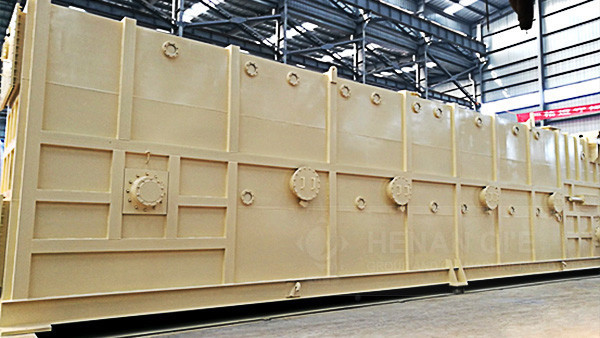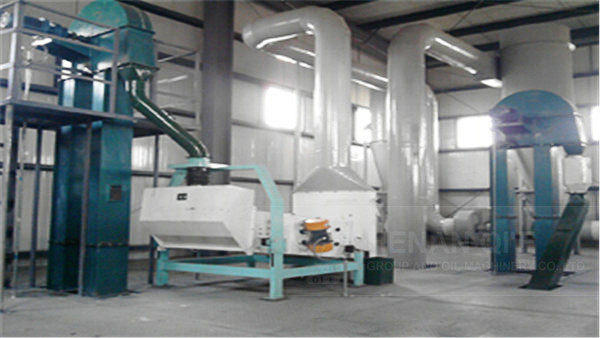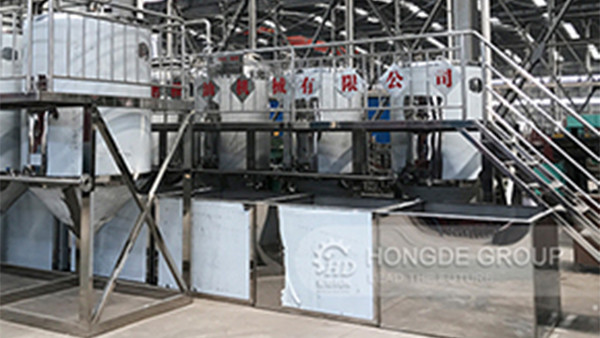
Effluent Treatment Plant (ETP) ¨C Aqua Refinery
Process water emanates from refinery units (AD, VD, FCC ,HDS, miscellaneous cracking, visbreaking¡). Effluent produced by desalinators and the FCC (catalytic crackers) are the most saline and often polluted with sulphides which justifies a preliminary stripping and/or oxidation treatment before undergoing oil removal by flotation and biological treatment.
Get Inquiry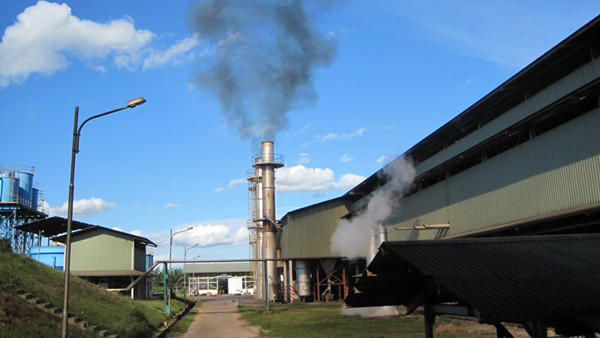
Refining Vegetable Oils: Chemical and Physical Refining
The bleaching is a critical step in the refining process of oils [ 57, 58 ], preceded generally by degumming, neutralization, and drying processes. Bleaching is a complex physical and chemical process employed in the refining of vegetable oils. The objective of bleaching (or decolorizing) is to reduce the levels of colored pigments (carotenoids
Get Inquiry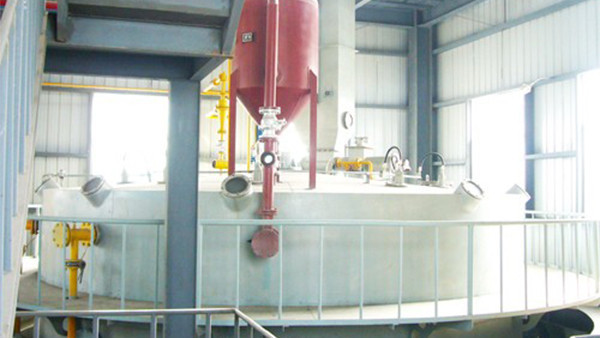
Effluent Treatment Plant (ETP) Process and Flow Diagram
Effluent Treatment Plant (ETP) is a Wastewater Treatment process and is designed to treat industrial, commercial, & residential wastewater by removing contaminants (toxins, bacteria, wastewater, & sludge) from it for making them reusable and its safe disposal into the environment. Process of Effluent Treatment Plant:-
Get Inquiry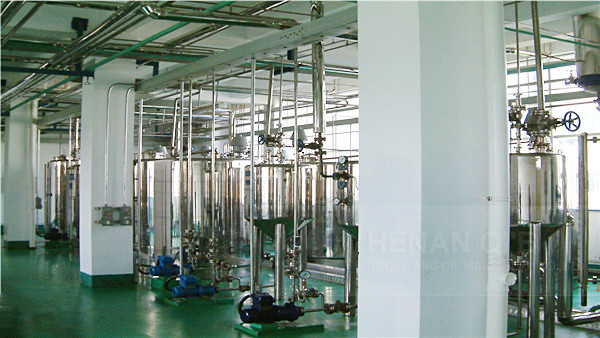
Removal of oil and grease from vegetable oil refinery wastewaters
The treatment of effluents from vegetable oil refineries (VOR) is a significant problem of environmental concern in Morocco because of high COD, BOD5, and fat pollutant loads, as pointed out by
Get Inquiry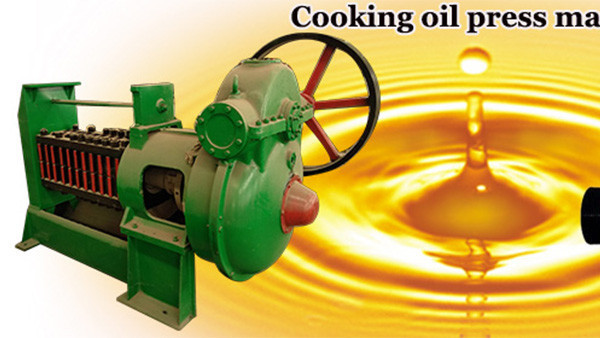
Treatment of vegetable oil refinery wastewater by sequential
The performance of the batch electrocoagulation process for the treatment of real crude vegetable oil refinery wastewater with high COD using sacrificial aluminum anode was explored in this research.
Get Inquiry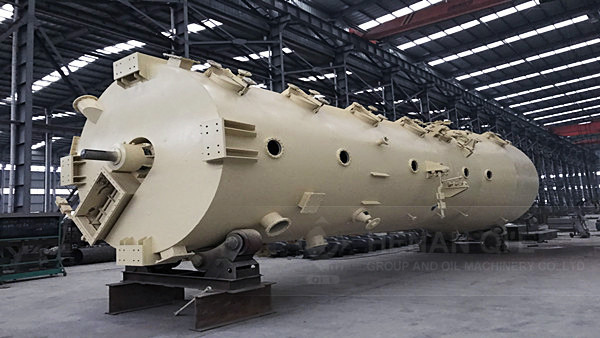
Vegetable Oil Refinery Wastewater Treatment by Using the ...
In addition, effluent from refining vegetable oils often has a BOD 5.COD ?1 ratio varies around 0.2, which could cause a considerable impact on the environment (Chatoui et al., 2016). Treating wastewater from vegetable oil refineries has become increasingly important; it can be treated separately or jointly by chemical or biological means.
Get Inquiry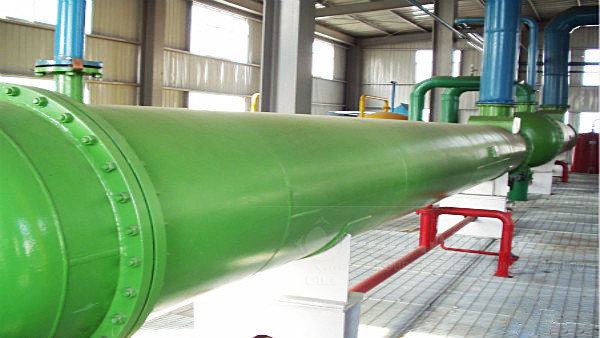
Advances in Treatment of Vegetable Oil Refining Wastes
Refining of edible oil is a process where free fatty acids are volatilized, condensed, and recovered simultaneously with vacuum decoloring operation. However, processes in vegetable oil refining, such as filter backwash, acidification of soap-stock, and washing of equipment, produce big amounts of wastewaters [ 5 ].
Get Inquiry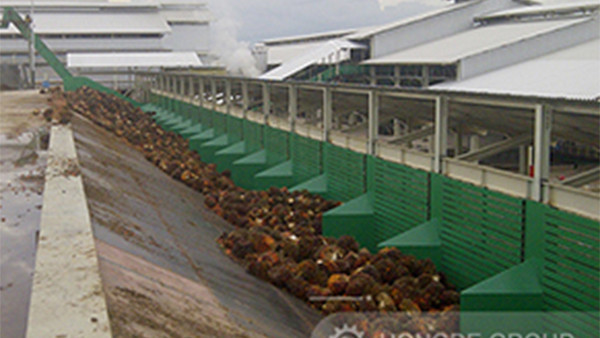
Effluent Treatment Plant (ETP) - IIT Delhi
Lime: (800-1000 ppm) To correct the pH upto 8-9. Alum: (200-300 ppm) To remove colour. Poly electrolyte: (0.2 ppm) To settle the suspended matters & reduce SS, TSS. The addition of the above chemicals by efficient rapid mixing facilitates homogeneous combination of flocculates to produce microflocs.
Get Inquiry
Novel approach for the treatment and recycle of ... - ScienceDirect
Simplified schematic diagram of the treatment system for the vegetable oil refinery wastewater. The high costs associated with the plant and its operation require a wise optimization of the process. A typical ETP is usually defined by a primary treatment, a secondary treatment and in some cases a tertiary treatment.
Get Inquiry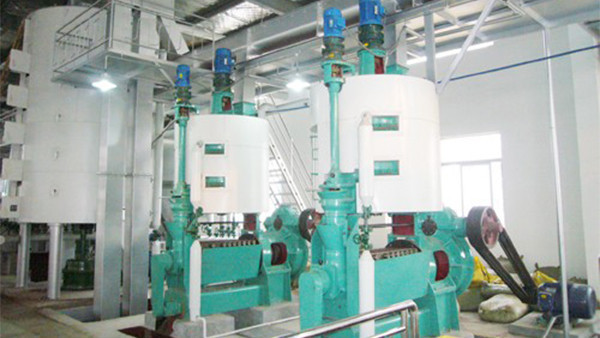
WASTE MANAGEMENT TECHNIQUE FOR EDIBLE OIL INDUSTRY) - IJCRT
Process of effluent treatment plant Effluent treatment plant are used to purify water and remove toxic and nontoxic materials, organic matter as well as chemicals from it. In edible oil industries these plant can be used for environment protection. Treatment Levels ? Preliminary ? Primary ? Secondary ? Tertiary Treatment mechanisms
Get Inquiry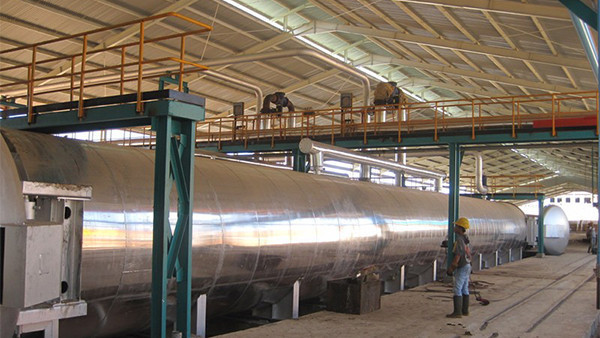
Vegetable Oil Refinery Wastewater Treatment by Using the
Industrial wastewater has a considerable environmental impact on the environment. Wastewater from oil refining, which has been removed from oils, grease, detergents, and phenol, is one of the effluents which present a particular danger to the environment. In this study, we used bio-coagulants to reduce pollution by coagulation-flocculation of wastewater from oil refining. This study shows an
Get Inquiry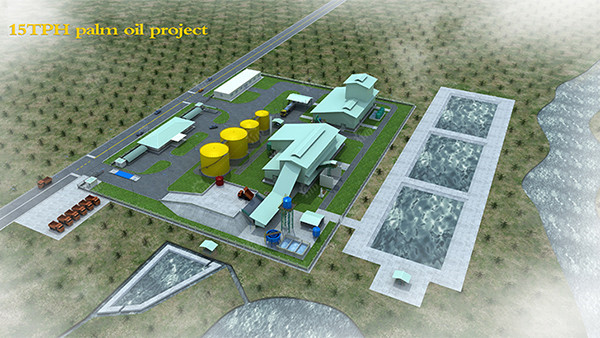
Optimization of coagulation-flocculation process
Optimization of coagulation-flocculation process for wastewater treatment from vegetable oil refineries using chitosan as a natural flocculant Author links open overlay panel Oussama Hartal a , Abdelaziz Madinzi a , Safaa Khattabi Rifi a , Chaymae Haddaji a , Tonni Agustiono Kurniawan b , Abdelkader Anouzla a , Salah Souabi a
Get Inquiry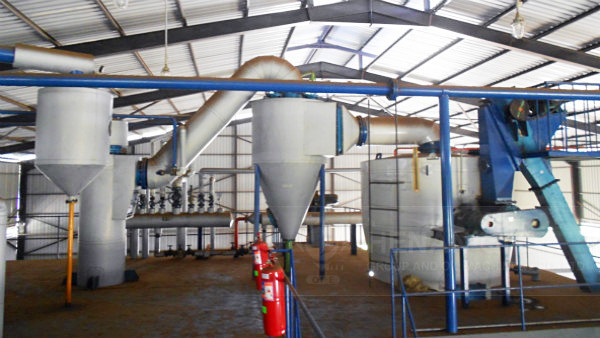
Advances in Treatment of Vegetable Oil Refining Wastes
Refining of edible oil is a process where free fatty acids are volatilized, condensed, and recovered simultaneously with vacuum decoloring operation. However, processes in vegetable oil refining, such as filter backwash, acidification of soap-stock, and washing of equipment, produce big amounts of wastewaters [ 5 ].
Get Inquiry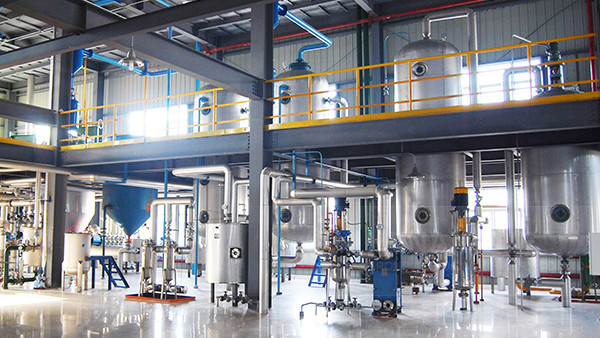
(PDF) Treatment of Edible oil Refinery Waste Water by Using
Secondary treatment is biological process following primary treatment. The forms of secondary biological process include activated sludge, press filters, contact stabilization etc. There are widely known methods of effluent treatment in Soya oil refining industries (Costello et al 2003). 1.
Get Inquiry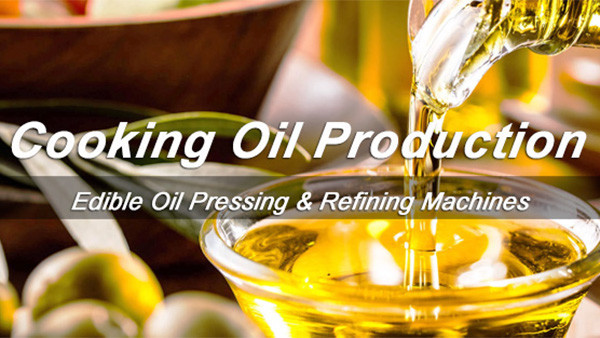
Combined natural flotation and chemical precipitation for the
Vegetable oil refineries, while playing a crucial role in food and industrial production, are also responsible for generating significant quantities of wastewater. The complex composition of this wastewater, including contaminants, causes significant environmental impact, particularly on aquatic ecosystems. This study aims at improving the effectiveness of wastewater treatment from vegetable
Get Inquiry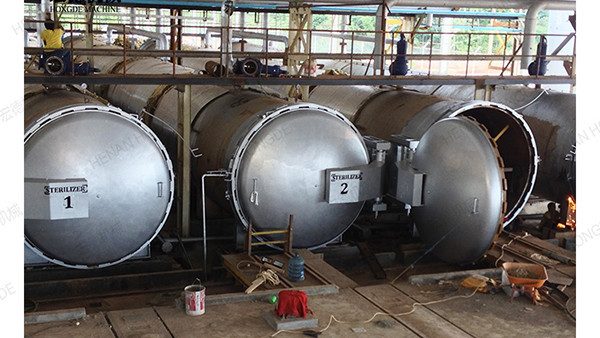
(PDF) Effluent Treatment Plant In Oil Refineries
Abstract. This is an industrial wastewater treatment process plant that helps to remove solid, chemical, and organic substances from the wastewater produced by industries as an outcome of the
Get Inquiry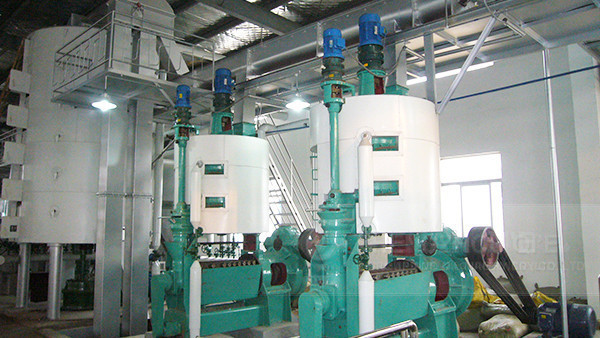
Treatment and reuse of wastes of a vegetable oil refinery
The refined vegetable oil and vanaspati manufacturing units generate solid waste (spent earth and spent catalysts) and wastewater which are of environmental concern and need proper treatment prior to their disposal. The wastewater streams are mainly from vat house after soap splitting, floor washing, cooling tower blow down, cleaning of filter
Get Inquiry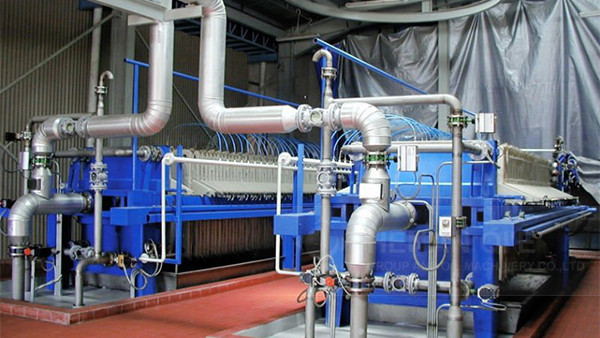
Treatment of Edible oil Refinery Waste Water by Using
s The main objective of this study is aimed to investigate feasibility of the chemical and Aerobic biological process to treat oily wastewater from soya bean oil refinery. Effect of aeration and sludge concentrations are studied. The environmental impact of soybean oil refinery effluent cannot be over emphasized; hence the need for treatment measures to reduce these impacts before discharge
Get Inquiry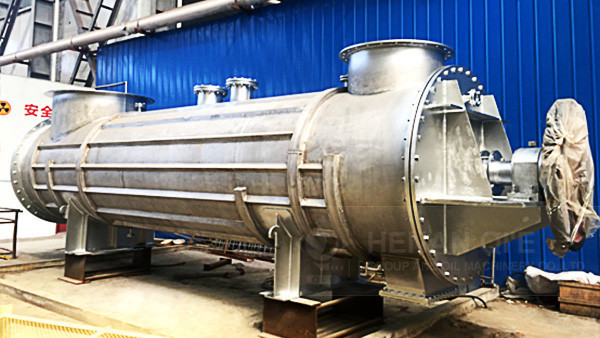
Treatment of vegetable oil refinery wastewater by coagulation
Oilseed Milling, Oil Refining Process, and Soap Making Process. It produces olive oils and other edible oils, as well as various soaps.On average, the oil refinery generates 1200 m3.day-1 of wastewater daily, which includes acid wastewater (80 - 270 m3.day-1) and process wastewater (570 - 1000 m3.day-1) [9]. The process wastewater
Get Inquiry
